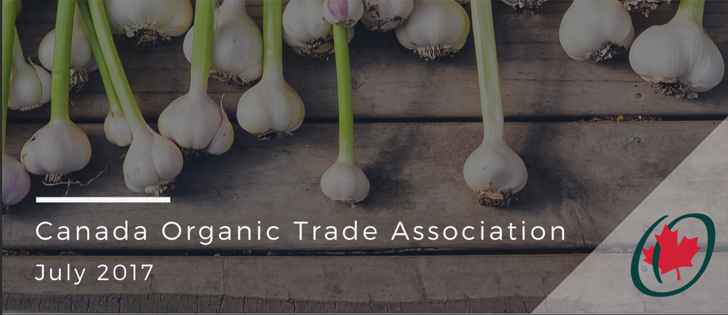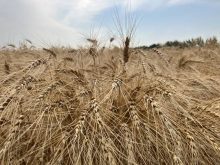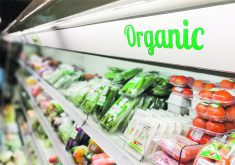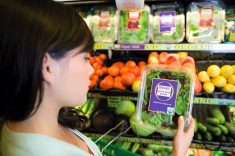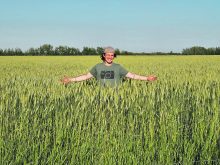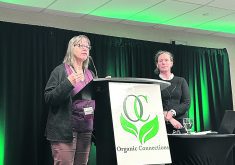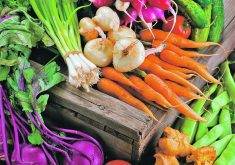Almost all organic food in Alberta is legitimately organic, but there’s a chance that’s not the case for organic produce, meat or grain sold by farmers directly to consumers.
The Alberta government has no legislation requiring organic foods to be certified if it is produced and sold within the province.
Therefore, it’s possible for a farmer to promote his products as organic without the backing of a certifying body or federal organic standards.
“Without these (provincial) regulations right now, anybody can grow anything and call it organic,” said Tim Hoven, president of Organic Alberta and an organic farmer from Eckville, Alta.
Read Also

Farming Smarter receives financial boost from Alberta government for potato research
Farming Smarter near Lethbridge got a boost to its research equipment, thanks to the Alberta government’s increase in funding for research associations.
“And there’s nothing the CFIA (Canadian Food Inspection Agency) or any certified body can do to stop them.”
The situation is the same in Saskatchewan, Prince Edward Island, Ontario and Newfoundland, which don’t have provincial regulations for organic production and sales.
“The CFIA (Canadian Food Inspection Agency) only has jurisdiction for products that are sold inter-provincially and internationally. It has no jurisdiction over intra-provincial sales,” said Stuart McMillan, an organic inspector from Manitoba.
Canada’s Organic Trade Association (COTA), highlighted the regulatory gap in a state of the organic industry report, released July 19.
The full report is available, in PDF format, here.
The report said that Canada has a “patchwork” of regulations, ranging from rigourous to non-existent.
Alberta doesn’t have rules but the government has taken steps to regulate what happens at the more than 100 farmers’ markets in the province.
A provincial representative said the government has advised managers of farmers’ markets to tighten up organic protocols.
Vendors claiming organic status should be posting organic certificates at their stalls, so consumers know they are officially recognized.
However, in some cases vendors may still be making an organic claim, with a sign or verbally, without providing a certification document.
At certain locations the boards that oversee the farmer’s’ market may have rules about organic signage, the provincial rep said.
If a vendor can’t provide proof of certification at those markets, they can’t display an organic sign on their booth.
Hoven said farmers’ markets rules aren’t the same as legislation, but it’s an improvement.
“It’s kind of a temporary, stop-gap measure, until we can get legislation in place.”
Beside farmers’ markets, many producers sell meat, vegetables and grain directly to consumers from the farmgate. Those producers can say their products are organic without certification.
Hoven said it’s difficult to know how many, if any, non-organic products are misrepresented as organic in Alberta.
“I honestly do not know…. Are there dishonest people out there? Of course there are. How many of them? I don’t know,” he said.
“(But) I think your typical organic producer is a very honest person.”
Organic Alberta, which represents organic farmers and consumers, has been lobbying the province to pass organic regulations.
But, so far, the efforts haven’t swayed the Alberta government.
“We’re really hoping we can get some movement on this,” Hoven said. “Like anything with the bureaucracy, it takes so long and so much effort to do the smallest little detail.”
If consumers are unsure if an organic claim is valid, one option is to look for the Canada Organic logo.
The CFIA regulates the use of the organic logo. It is only allowed on products that have been certified to meet organic production standards.
Contact robert.arnason@producer.com




